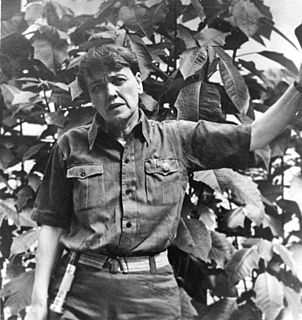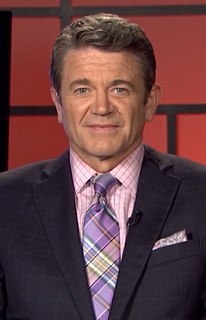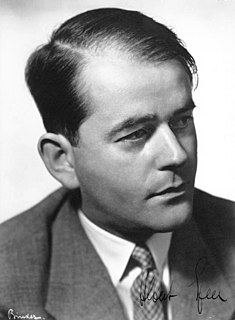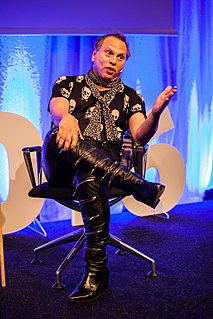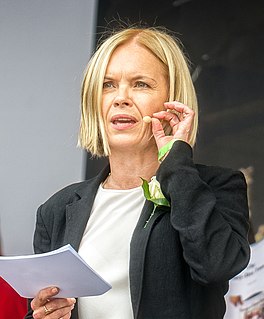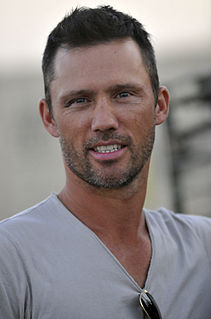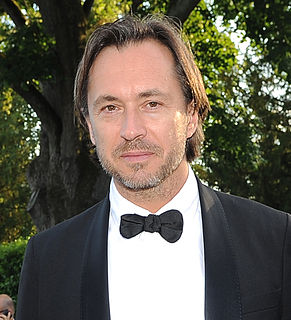A Quote by Agnes Smedley
In the little hall leading to it was a rack holding various Socialist or radical newspapers, tracts, and pamphlets in very small print and on very bad paper. The subjects treated were technical Marxist theories.
Related Quotes
The Vedas give information on various subjects. They have come together and form one book. And in later times, when other subjects were separated from religion - when astronomy and astrology were taken out of religion - these subjects, being connected with the Vedas and being ancient, were considered very holy.
Our minds are specifically adapted to developing certain theories, and we have a science if the theories that are available to our minds happen to be close to true. Well, there is no particular reason to suppose that the intersection of true theories and theories that are accessible to the mind is very large. It may not be very large.
I believe in the possible. I believe, small though we are, insignificant though we may be, we can reach a full understanding of the universe. You were right when you said you felt small, looking up at all that up there. We are very, very small, but we are profoundly capable of very, very big things.
Studing jewelry gives you an incredible technical background. If you can work on very, very small things, then, I think, typically you find it easier to go bigger rather than the other way around. I think a lot of architects have struggled with small things. Whereas if you start small, it's easier to get bigger.
